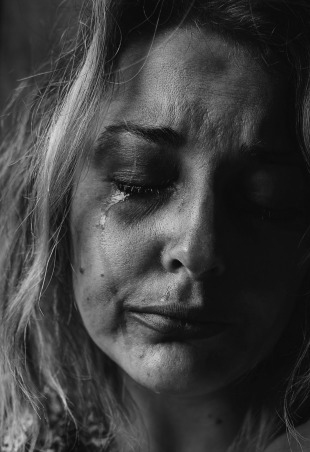Opening Words:
"Justice is not an ideal state or theory but a matter of personal sensibility, a set of emotions that engage us with the world and make us care."
— Robert Solomon in A Passion for Justice
Check-in/Sharing
Topic:
In Against the Wind: Memoir of a Radical Christian, Lutheran theologian Dorothee Soelle explores the link in her life between faith and politics. She shares a story about Dorothy Day that reveals how tears can help us persevere in the struggle for justice:
"Like every human being who hungers and thirsts for justice and peace, Dorothy Day had periods of complete exhaustion, sorrow, and pain. I was told that she would then withdraw and cry — for hours and days. She would sit there, talk to no one, eat nothing, and just cry. She did not withdraw from her struggle-filled, active life for the poorest of the poor. She never ceased to look upon war, and preparation for war, as a crime against the poor. But at certain times she wept, long and bitterly.
"When I discovered this, I understood better what pacifism is, what God means in the midst of defeat, how the spirit comforts us and leads us into truth. I understood that comfort is not had by giving up truth, that one does not happen at the expense of the other. That Dorothy Day cried for days on end means for me that the Spirit's consolation bears, at the same time, its own inconsolability. With Dorothy Day, we can learn to pray for the gift of tears."
For Reflection/Journaling:
Identify an injustice that troubles you. What emotion first made you aware of it? Then decide upon one action you can take to combat it.
Check-out/Likes and Wishes
Closing Words:
"We must not, in trying to think about how we can make a difference, ignore the small daily differences we can make, which, over time, add up to big differences we cannot foresee."
— Marian Wright Edelman
To Practice This Thought: As you go through each day, look for those opportunities where small differences can help create a more just world.
